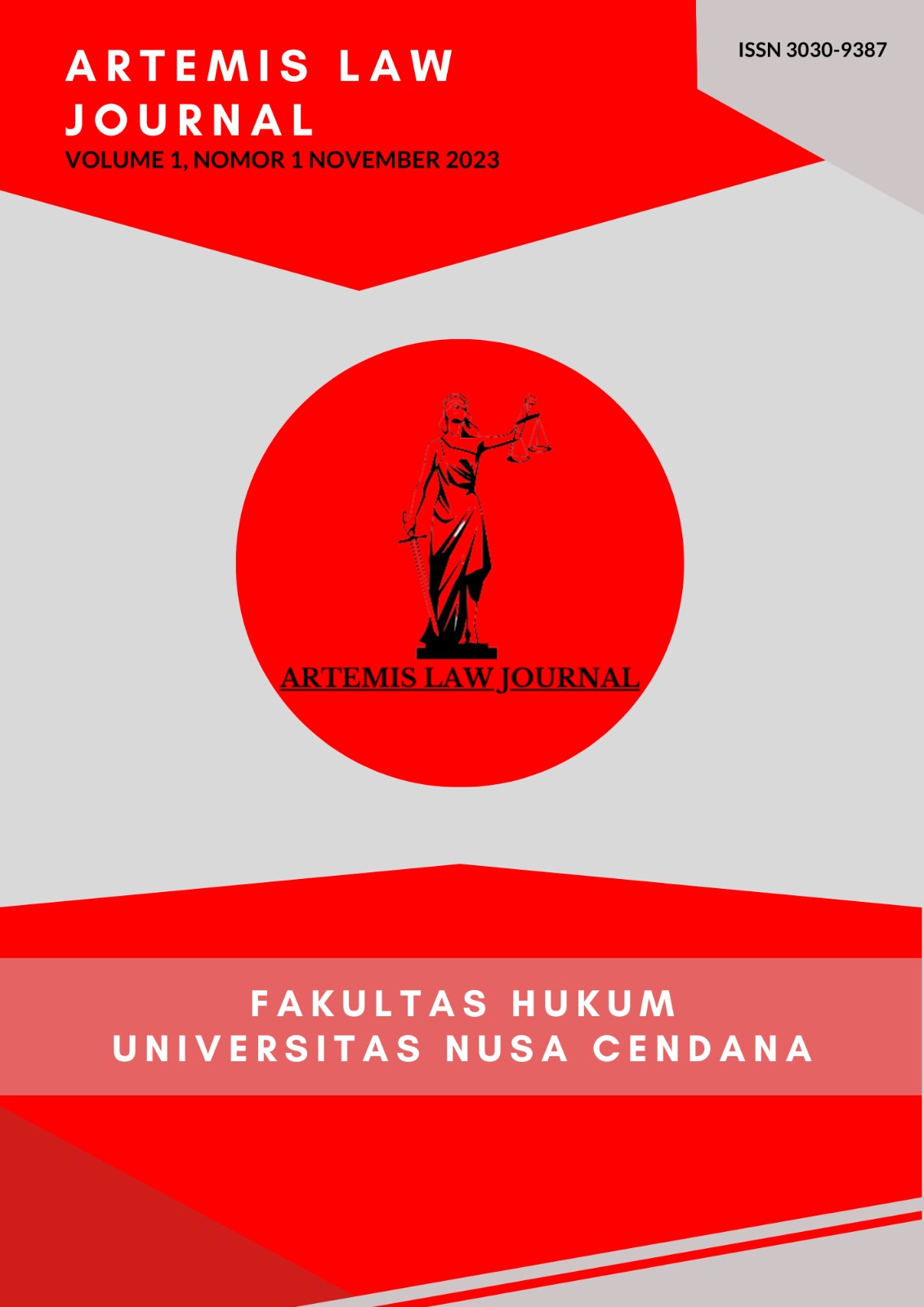Penegakan Hukum Terhadap Pelaku Tindak Pidana Pencemaran Nama Baik Melalui Media Sosial Di Kota Kupang
Main Article Content
Abstract
In the era of globalization and technological advancements, social media has become a crucial platform in the daily lives of the public. However, the use of social media also comes with consequences related to criminal acts, such as defamation. This research examines the law enforcement against defamation crimes through social media in Kupang City, as exemplified by the case of Stefanus Jefons, also known as Kang Asep, a resident of Kupang City who became a suspect in a defamation case involving electronic media. This study employs a juridical empirical approach and seeks to answer two research questions: (1) What is the law enforcement process against perpetrators of defamation crimes through social media? (2) What are the factors that hinder the resolution of defamation crimes through social media? The research findings reveal that the law enforcement process involves investigations and inquiries conducted by the police, prosecutions carried out by the public prosecutor, and examinations in court sessions. However, law enforcement faces several challenges, including delays in reporting and investigation, insufficient investigative personnel, poor internet signal strength, and the reluctance of the public to provide testimonies as witnesses. Despite these obstacles, the Information and Electronic Transactions (ITE) law clearly defines defamation as a criminal offense. The proposed recommendations include enhancing coordination and communication among various stakeholders involved in law enforcement, increasing the number of investigative personnel, improving infrastructure and facilities, raising public awareness about legal procedures, and providing adequate protection for witnesses who provide testimonies. Through these actions, law enforcement against defamation crimes through social media can be strengthened.

